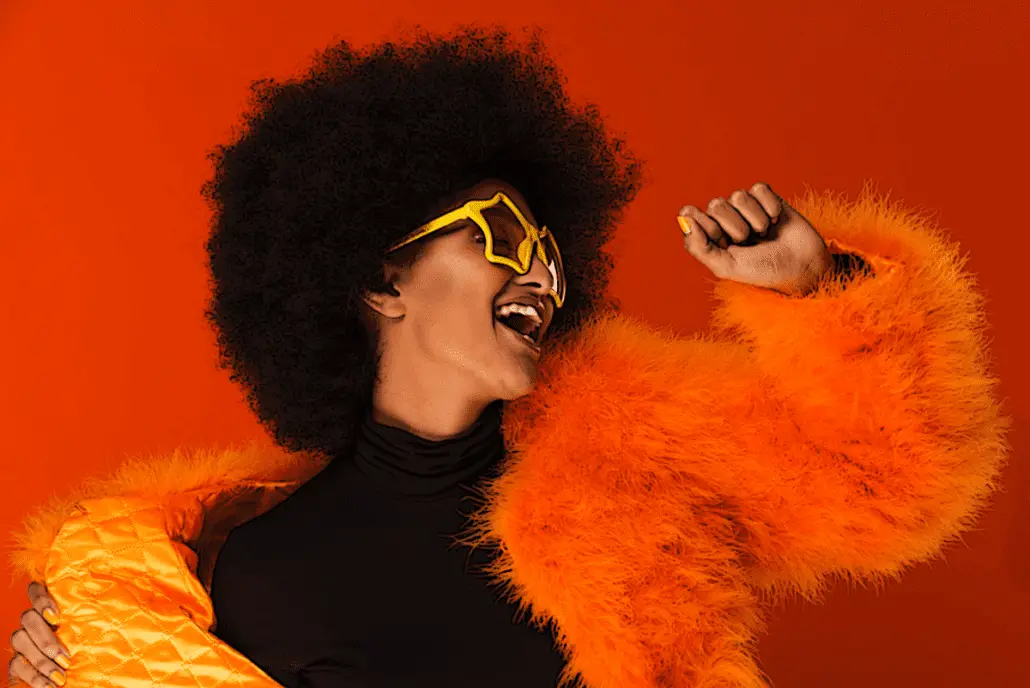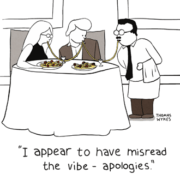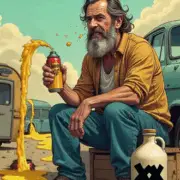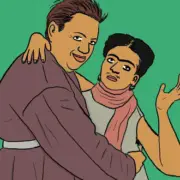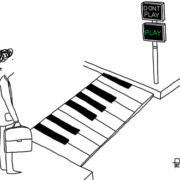Funkytown: 2020
The year was 1977. Compassionate new president Jimmy Carter had just taken office, the inspirational effects of Bicentennial Fever spread a residual air of optimistic and patriotism across the land, and hundreds of thousands of young people felt compelled to resettle in a small boomtown in Pennsylvania, just across the border from West Virginia. This group represented a cultural movement — they wanted, nay, needed, to make a move to a town that was, well, right. And this was the town that not only kept them moving, it kept them grooving, and with energy.
“You know, we’d talk about, talk about, talk about, talk about it,” remembers one transplant who stayed for all these years. “Finally, the missus just straight up said to me one day, “Won’t you take me to a funky town?”
He did his wife one better than just a funky town — he took her to the funky town. More precisely, Funkytown, Pennsylvania.
While the name would imply that Funkytown is a funky town, and it was, it was also an industry town. In the heady days of the late 1970s and very early 1980s, the area’s main employer was Lipps, Inc., a wax lips manufacturer that successfully rebranded itself as a disco factory. With disco becoming the single most lucrative cultural entity in the United States from 1977 through 1980, business was brisk, and life in Funkytown was very good. The prosperity and abundance made it one of most attractive locales in the country. For several years running, U.S. News and World Report ranked Funkytown among its top five “Best Places to Live in the World Today.”
But then something horrible and unfathomable occurred, something that destroyed Funkytown virtually instantly: disco died.
Suddenly, thousands of families whose entire livelihood depended on the thriving disco trade were left destitute and unemployed, wondering where from their next meal would come from. Seemingly overnight, Funkytown went from being the country’s leading producer of disco to a ghost town. By the summer of 1980, Funkytown was a town in a funk, beset by economic depression, hardship, a high crime rate, and rampant drug addiction.
It wasn’t just the closure of the Lipps, Inc. disco factory that killed Funkytown. Without disco, tertiary, disco-related industries in and around Funkytown were also affected. The sparkly hot pants factory in the south end of town shuttered, as did the platform shoe distribution center. All 35 of the town’s professional Barry Gibb impersonators filed a grievance with their union, but they had to put food on the table. Most moved to coastal Virginia and became Christopher Cross and Michael McDonald impersonators.
As the ‘80s gave way to the ‘90s, Funkytown crumbled into disrepair, a shell of its former self, remembered only during brief periods of renewed interest in ‘70s culture, such as the Pulp Fiction-fueled comeback of John Travolta and the rise of Jamiroquai. Politicians from both sides of the spectrum cynically turned Funkytown into a campaign stop in every presidential election, posing for a photo, and blaming the city’s misfortunes on the economic programs of the party rival to their own. All the while, they make promises they can’t keep, ones to which the once-hip residents of Funkytown are quite, as it were, hip.
“The politicians always come through here, try to make an example of us,” recalls Mayor Alicia Bridges, a former disco worker and singer of the 1978 hit “I Love the Nightlife (Disco ‘Round).” “Trump came back in 2016, and gave us some lip service about how disco is ‘the most beautiful, exquisite music,” and that it was primed for a comeback, and that Funkytown will once again be the town to talk about, talk about, talk about, talk about.” Nevertheless, Funkytown voted for Trump by a 60-percent margin because he told the locals what they wanted to hear. “When Hillary came in, she told us to just accept that disco was a thing of the past and to accept new forms of music, and that we ought to have training in drum & bass, EDM, and electropop. We just weren’t having any of that.”
At the very least, awareness of the plight of Funkytown is on the rise. Fifteen separate documentary crews profiled Funkytown for 15 separate documentaries that have aired on Vice, HBO, and Frontline. Bruce Springsteen received five Grammy Award nominations for his 2017 Funkytown-themed concept album Disco and Dirt.
“I can’t imagine much can change at this point,” Mayor Bridges added as she looked out over the abandoned disco factory complex as the wind carries a pair of sparkly hot pants into the spy. “We don’t know how to do anything else besides disco. This town was just plain right for me.”
